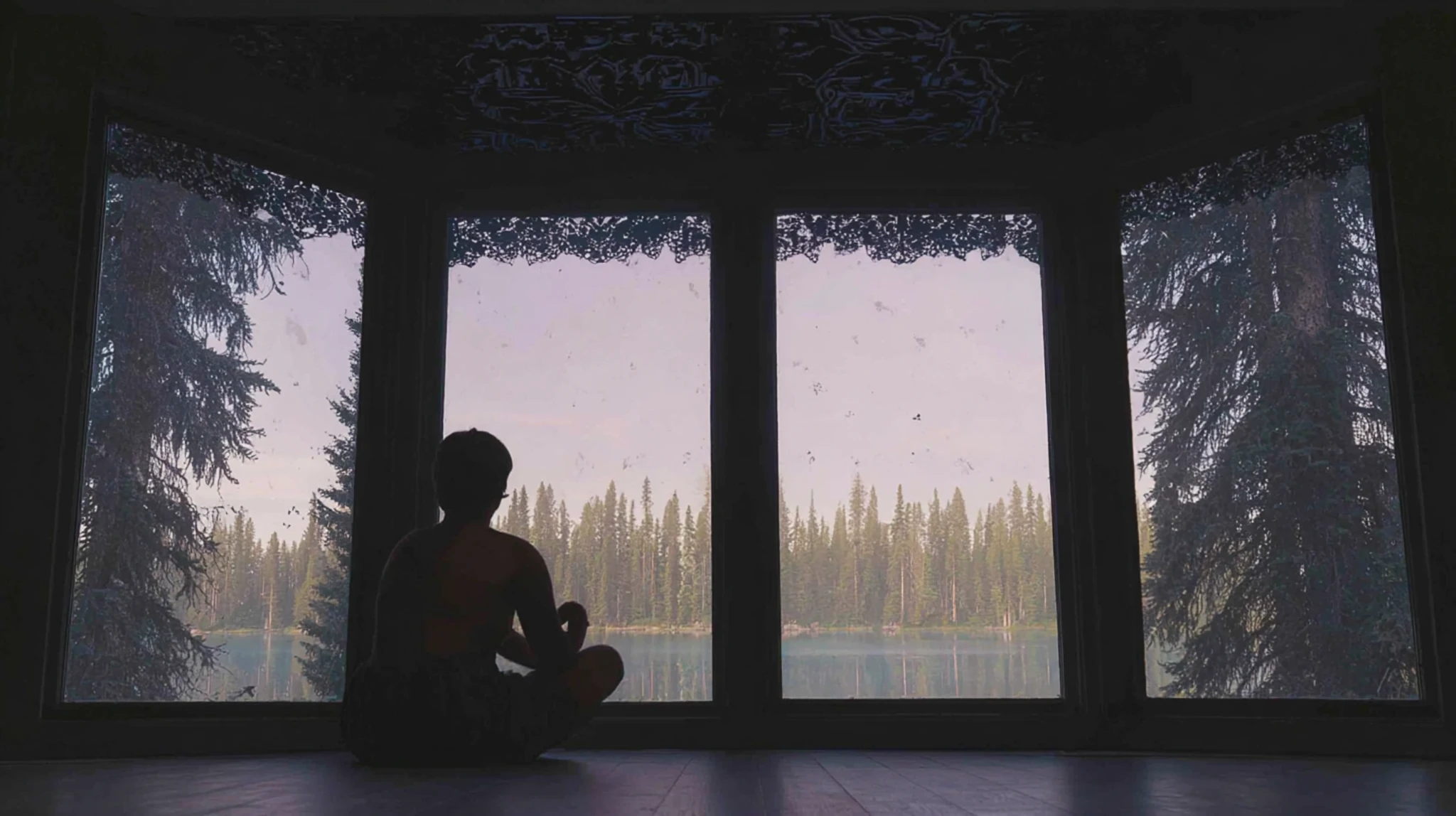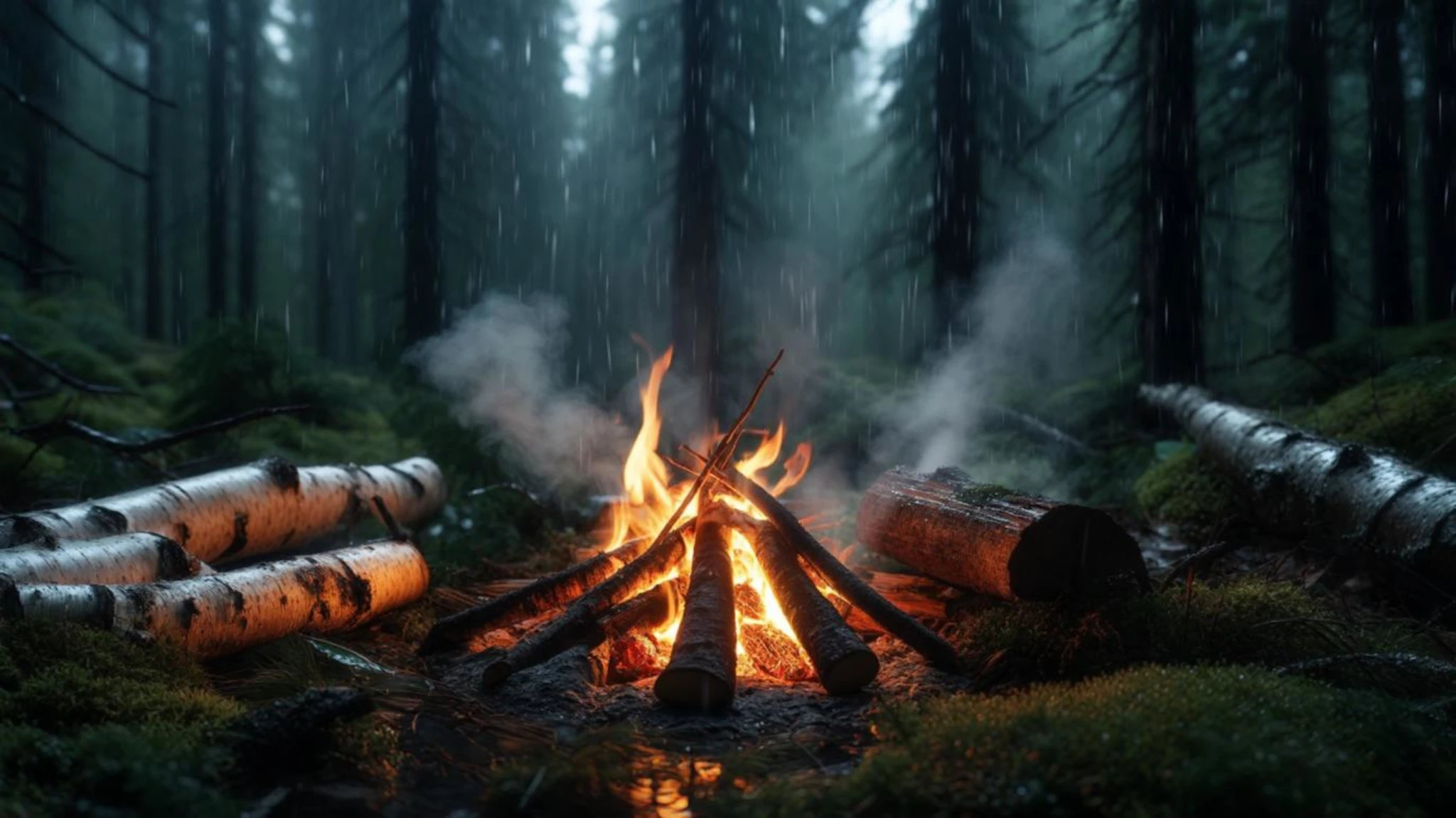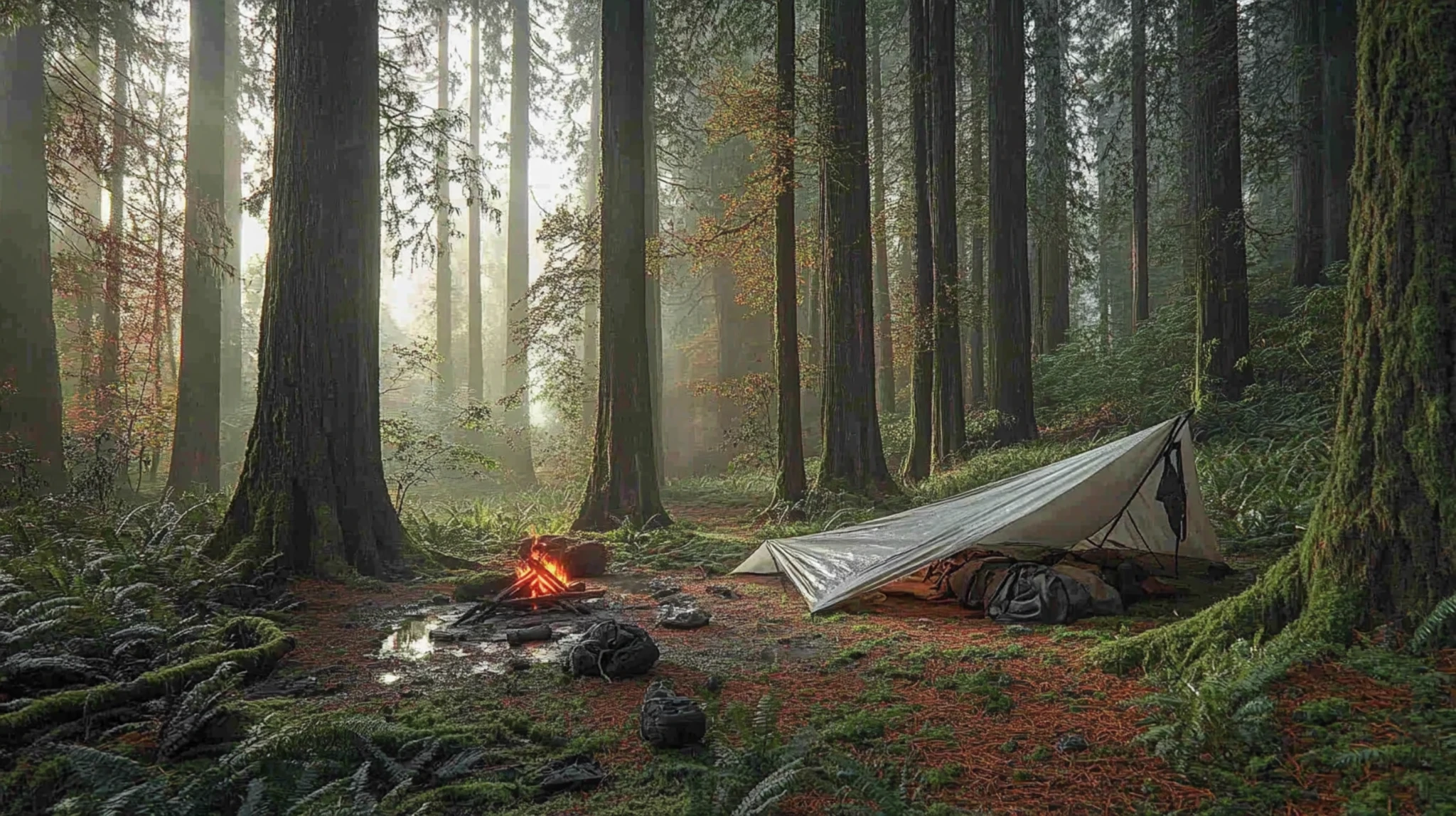When disaster strikes, most survival stories end in tragedy. Rarely does someone beat the odds when those odds include a plane crash, a fall from the sky, and eleven days alone in one of the most hostile environments on Earth. But in 1971, a 17-year-old named Juliane Koepcke did exactly that. Her story is one of the most remarkable examples of human resilience ever recorded—and it carries lessons for anyone serious about survival.
A Fall from the Sky
On December 24, 1971, Juliane Koepcke and her mother boarded LANSA Flight 508 in Lima, Peru. They were heading to spend Christmas at their research station deep in the Amazon. Juliane’s parents were both German zoologists, and she had grown up between city life and the rainforest, gaining practical knowledge of the jungle most people never acquire.
But just 40 minutes after takeoff, disaster struck. A violent thunderstorm battered the Lockheed Electra aircraft. Lightning hit the plane, igniting fuel and tearing the fuselage apart. At 10,000 feet, Juliane was ripped from the aircraft—still strapped to her row of seats—and thrown into the open sky.
Against all odds, she survived the fall. Experts later suggested that the dense canopy of the rainforest slowed her descent and that the row of seats acted as a crude parachute. Juliane landed hard, breaking her collarbone and suffering deep cuts to her arms and legs. She had also lost her glasses and one shoe. When she regained consciousness, she was utterly alone in the heart of the Peruvian Amazon.
Alone in the Rainforest
The wreckage was scattered over miles, and Juliane quickly realized she was the only survivor. She had no equipment, no food except for a small bag of candy she found, and no clear way out. Yet she remembered the lessons her father had taught her: in the jungle, water is life—and water leads to people.
She began to follow a small stream, reasoning that it would eventually flow into larger rivers where she might find help. This decision was the turning point of her survival. Instead of wandering aimlessly, she gave herself direction and purpose.
The days that followed tested every part of her willpower. Juliane waded through knee-deep water, swarmed by mosquitoes, stung by insects, and weakened by hunger. She drank directly from streams, risking parasites, because dehydration would have killed her faster.
On her shoulder, a deep wound became infested with maggots. At one point she poured gasoline she found from an abandoned boat into the wound to flush them out. It was excruciating, but effective.
Eleven Days of Endurance
Juliane pressed forward for eleven long days. Nights in the jungle brought cold and the constant sounds of predators. With no blanket or shelter, she relied on endurance and mental strength to keep moving. Each day, she followed the water, scavenged what little food she could, and tried to keep her injuries clean.
Finally, she stumbled upon a small hut used by local lumbermen. Inside, she found basic supplies and a barrel of gasoline, which she used on her wound. The next day, the lumber workers returned and were stunned to find her alive. They treated her injuries as best they could, fed her, and after resting a night, transported her by canoe to the nearest settlement. From there, Juliane was flown to safety.
She had survived a fall from the sky and eleven days in one of the deadliest ecosystems on Earth—alone.
Lessons from Juliane’s Survival
Juliane’s story is more than a miracle; it’s a survival manual written in flesh and blood.
Knowledge beats gear. Juliane had no survival kit, yet her father’s lessons—like following water downstream—guided her to safety. Knowledge weighed nothing, but it saved her life.
Purpose sustains you. Instead of despairing, she focused on a clear goal: keep moving toward civilization. That focus carried her through pain and exhaustion.
Nature provides, but it’s harsh. Streams gave her water, but insects drained her strength. Her ability to tolerate discomfort without breaking down mentally was crucial.
Improvisation is survival. Using gasoline to treat her wound wasn’t ideal, but it kept infection from spreading. Creative, decisive action matters more than waiting for the perfect solution.
Aftermath
Juliane Koepcke was the sole survivor out of 92 passengers and crew. In time, she went on to study biology, following in her parents’ footsteps. She later became a scientist and even returned to the Amazon to conduct research. Her story was chronicled in books and documentaries, most famously in Werner Herzog’s Wings of Hope.
What makes her survival resonate today is its simplicity. She didn’t have advanced gear, high-tech tools, or outside help. She had knowledge, determination, and the will to keep moving forward despite unimaginable odds.
Juliane’s story is a reminder to all of us: survival isn’t about being fearless. It’s about being prepared with knowledge, maintaining clarity in the darkest moments, and taking one step forward when everything in you wants to stop.
If a 17-year-old girl could endure a fall from the sky and eleven days alone in the Amazon, imagine what you could endure—if you prepare yourself today.



